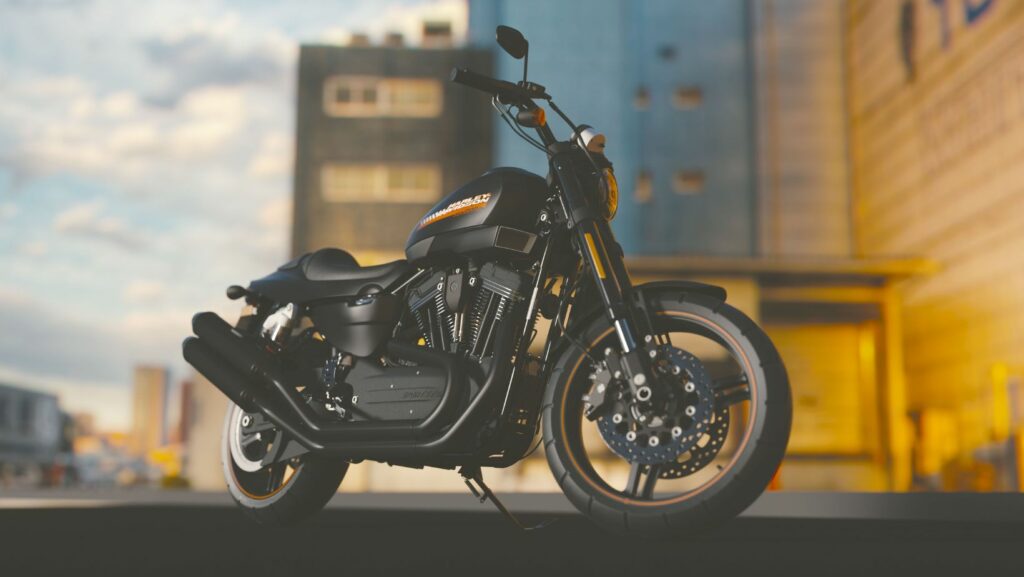
Honda Motorcycle Oil 10w30
Using Honda Motorcycle Oil 10w30 can have various consequences for your motorcycle’s performance and longevity. While this oil may be suitable for certain Honda models, it’s important to consider its impact carefully.
One consequence of using Honda Motorcycle Oil 10w30 is that it may not provide optimal lubrication for all motorcycles. This specific viscosity grade is designed for general-purpose use in a wide range of temperatures. However, some motorcycles may require a different viscosity grade to ensure proper lubrication under specific operating conditions.
Another potential consequence is that using this oil could void your warranty, especially if the manufacturer recommends a different oil specification. It’s crucial to consult your motorcycle’s owner manual or contact the manufacturer directly to determine the recommended oil type and viscosity grade.
The Importance of Using the Right Motorcycle Oil
When it comes to maintaining your Honda motorcycle, using the right oil is of utmost importance. Neglecting this crucial aspect can lead to a variety of consequences that may impact the performance and longevity of your beloved bike. In particular, using the wrong oil like Honda Motorcycle Oil 10w30 can have adverse effects on your motorcycle’s engine.
One key consequence of using an inappropriate oil is poor lubrication. The engine components, such as pistons, camshafts, and crankshafts, rely on proper lubrication to minimise friction and heat generation. When you use an incorrect viscosity grade like 10w30 in a Honda motorcycle that requires a different specification, it can result in insufficient lubrication. This may cause increased wear and tear on vital engine parts over time.
Understanding Honda Motorcycle Oil Specifications
When it comes to choosing the right oil for your Honda motorcycle, understanding the specifications is crucial. Let’s delve into the key factors that make up these specifications and why they matter for your bike’s performance.
- Viscosity: One of the most important aspects of oil specification is viscosity. In simple terms, viscosity refers to how thick or thin the oil is at different temperatures. For Honda motorcycles, a common specification you’ll come across is 10w30. The “10w” indicates the oil’s viscosity during cold starts, while the “30” represents its viscosity at operating temperature.
- API Rating: The American Petroleum Institute (API) assigns ratings to oils based on their performance standards. Look out for an API rating like SJ or higher when selecting an oil for your Honda motorcycle. These ratings ensure that the oil meets certain quality standards and provides adequate protection to your engine.
- JASO Certification: When it comes to motorcycles, JASO (Japanese Automotive Standards Organization) certification holds significant importance. Look for JASO MA or MA2 certification on the oil packaging as it ensures compatibility with wet clutch systems commonly found in motorcycles.
- Synthetic vs Conventional: Another consideration is whether to opt for synthetic or conventional motorcycle oil. While conventional oils may be more affordable, synthetic oils offer enhanced lubrication and better resistance against heat and oxidation.
- Manufacturer Recommendations: It’s always wise to refer to your Honda motorcycle’s owner manual for specific manufacturer recommendations regarding oil specifications. Following these guidelines will help maintain optimal performance and protect your engine from potential damage.

Exploring the Consequences of Using the Wrong Oil Grade
When it comes to maintaining your Honda motorcycle, choosing the right oil grade is crucial. One commonly used grade is Honda Motorcycle Oil 10w30. However, what happens if you accidentally or intentionally use the wrong oil grade? Let’s delve into the potential consequences of using an incorrect oil grade and why it’s important to adhere to manufacturer recommendations.
- Engine Performance: Using the wrong oil grade can have a significant impact on your motorcycle’s engine performance. Different oil grades are formulated to provide specific levels of viscosity and lubrication properties that best suit different engine designs. If you use a higher viscosity oil than recommended, it may lead to increased friction and resistance within the engine components, resulting in reduced performance and efficiency.
- Increased Wear and Tear: Another consequence of using an improper oil grade is accelerated wear and tear on critical engine parts. The wrong viscosity can fail to adequately protect moving parts from excessive heat and friction, leading to premature wear on components such as pistons, bearings, cylinders, and camshafts. Over time, this can result in costly repairs or even engine failure.
- Poor Fuel Economy: Optimal fuel economy is a priority for many motorcycle owners. Using an incorrect oil grade can negatively impact fuel efficiency by increasing internal drag within the engine due to inadequate lubrication or excessive friction caused by using a thicker or thinner viscosity than recommended.
- Potential Engine Damage: Perhaps one of the most serious consequences of using the wrong oil grade is potential damage to your motorcycle’s engine itself. Insufficient lubrication can cause parts to overheat rapidly, leading to warping or seizing up altogether. This type of damage often requires extensive repairs or even complete replacement of major engine components.
- Voiding Warranty: It’s essential to note that using an inappropriate oil grade may also void your vehicle warranty if it directly contributes to any mechanical issues experienced with your Honda motorcycle. Manufacturers specify recommended oil grades for a reason, and deviating from those guidelines can leave you responsible for any resulting damage.



